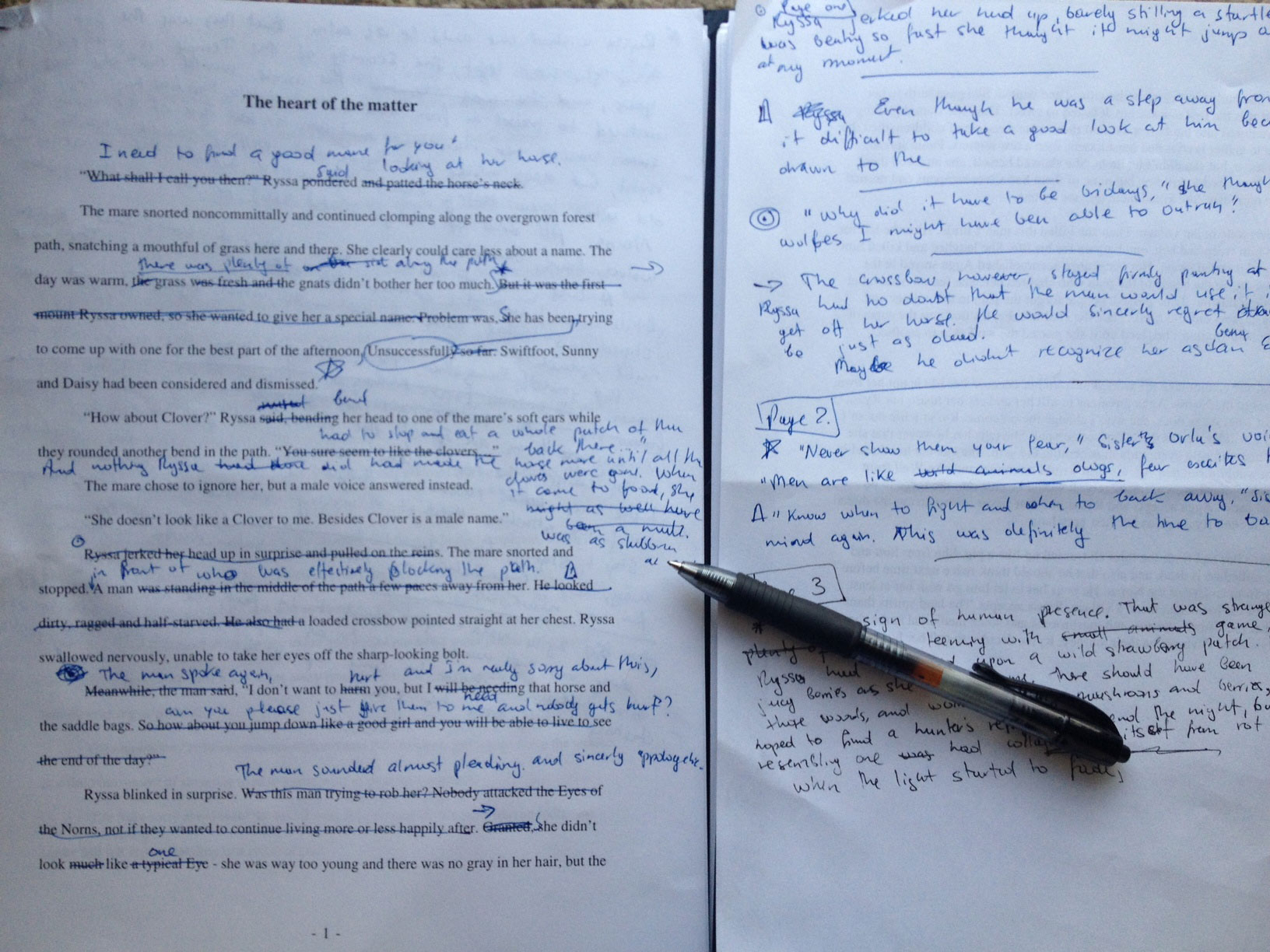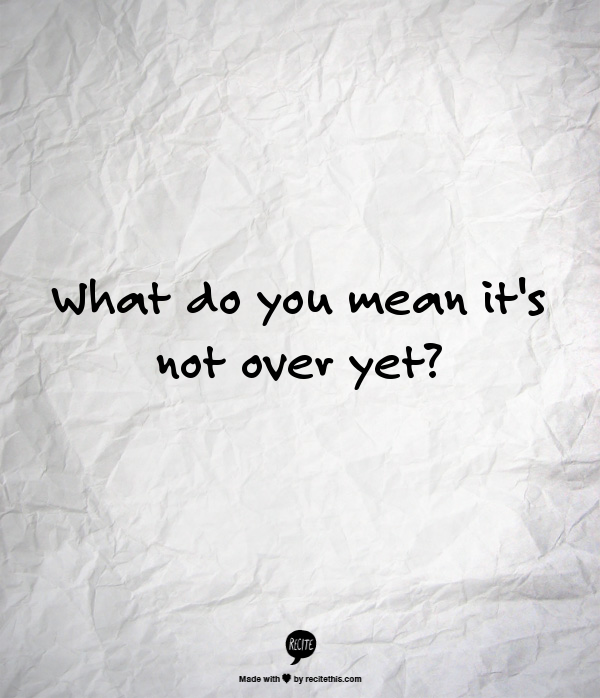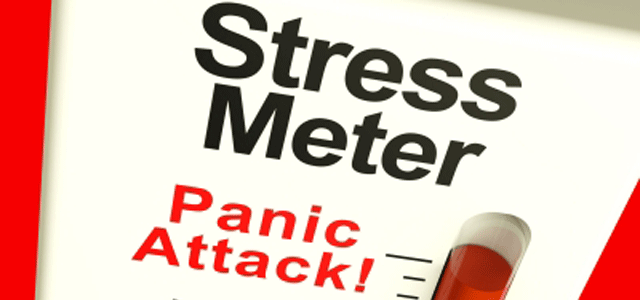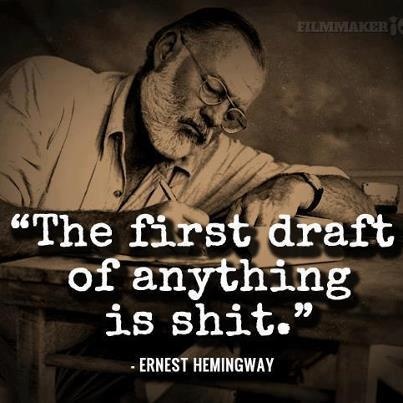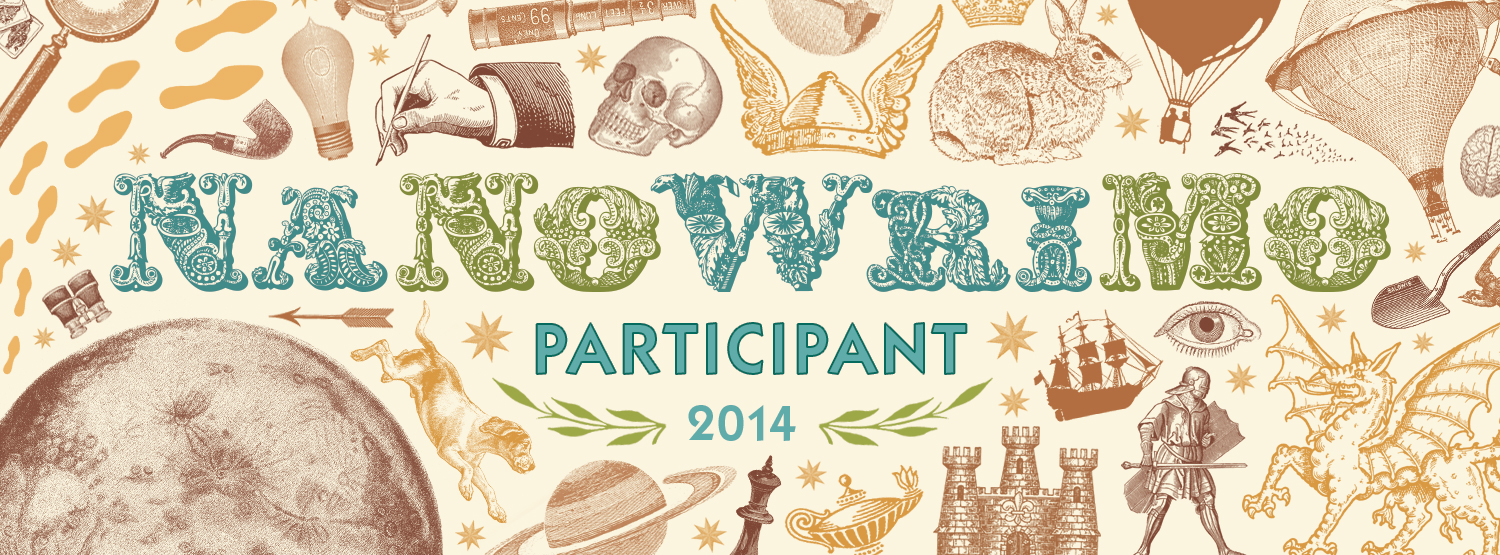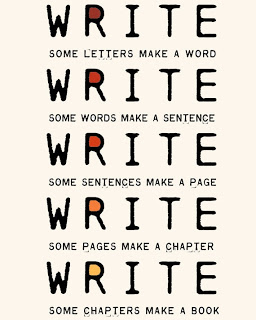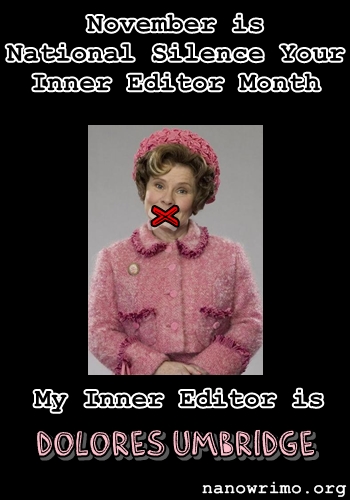Stars: 1 out of 5
I usually refrain from writing negative reviews, mostly because I feel like by posting a one star review I am doing the author a disservice. But once in a while I come across books that I can’t simply discard and not explain why I didn’t like them, either because they were really bad, or because they could have been great and failed to live to my expectations.
In the case of Undercity by Catherine Asaro, it’s the later rather than the former. I was so excited when I got an advanced reader copy of this book thanks to NetGalley. I love science fiction, I love strong female characters, and I absolutely love new and interesting takes on societies. So I really wanted to love Undercity.
Unfortunately, while I am willing to suspend my disbelief in most cases (it’s a made-up world after all), I can’t shut off my logical mind as well. I can’t read a book if I have to be brain dead to enjoy it.
I will not go into too many details about the story itself, because my problems with the book are more general than that. So you can read on ahead without fear of spoilers.
So, problem #1 and biggest pet peeve. The author describes a star-faring and technologically advanced civilization that had existed for over seven thousand years and created a galactic empire. In this civilization, for some unexplained reasons, there are only about 2 men for each 10 women born. So, obviously, the society is very matriarchic. This could work. This could actually be a very interesting topic to explore IF the author had bothered to think logically about the implications of such a disparity.
To me, such a deficit in males means polygamy, if not the rejection of marriage as a viable solution altogether. Communal men, children either raised by their mothers or the larger family including sisters, aunts, cousins, etc. We are also talking about a technologically advanced society, so sperm banks, genetic modification, draconian control over who can procreate with whom because of the reduced genetic pool with the Y chromosome…
What we get in that book instead: men are kept hidden from the outside world, and only their immediate family and future wife to be can interact with them (that’s an interesting reversal of the situation many women endured in the Muslim countries, even if it’s a bit far-fetched). BUT the society is still monogamous. You heard me right. There are 2 men for every 10 women, yet each man is married to one woman… So what do the other 8 do? How do they chose who gets to create a family and have children and who doesn’t? How can that work??? All those questions are left unanswered.
Also, I find it hard to believe that in all seven thousand years, their scientists haven’t found a solution to fix this disparity between sexes. For one, a society with so few men would have interbreeded and died out in seven thousand years, not went on to dominate a galaxy. It could have achieved it only if measures had been taken to spread the genetic pool around and a drastic genealogical control… none of which is even mentioned in the book.
My second problem with the book is the population of the Undercity itself and the inner conflict / motivation for the protagonist. I think it’s mostly because even the author isn’t quite clear of what the people of Undercity are, so her protagonist isn’t very clear whether she wants to save that population or not, and for what reasons, or whether it even needs saving. This puts the reader in a state of slight bewilderment any time she reads about that elusive society, because it’s not very clear what the stakes are.
How big is the population of Undercity? The author never gives us straight numbers. One page she says around 300, then she mentions about 400-600. Even if it’s 1000, how can a civilization like that have survived for 7000 years by itself? The author mentions a few times that they have zero to very little contact with the people from Cries, the city above them…. So they just breed amongst themselves then? All 300, 600 or 1000 of them for the whole 7000 years? They would all be closely related by now and horribly deformed, especially considering that they have the same problem as the people above them – 2 men for every 10 women…
But even if we put that little problem aside, the author has no clear vision of what that population does. Either they are vagrants that survive on scraps collected form above them (how if they rarely go outside?), who have no sustainable industry or production or anything. Or they are skilled mechanics, hackers and artists who learned their skills “in the streets” and by stealing the online feeds from top above ground schools. Either they are divided into a society of violent gangs, or they have a strict code of helping each other and taking care of their own. According to what the author says, they are all that at the same time with no real explanations on how, why and how that would even begin to work.
This could have been a wonderful book. There were so many possibilities to explore, but I guess the author’s logic was different from my own. Personally, I wouldn’t recommend this book. There are plenty of better science fiction novels out there. But ultimately it’s always up to you, guys.
P.S. This review is for an advanced copy I received from NetGalley.



